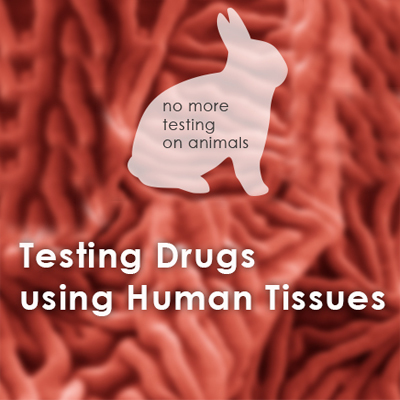Articles
AI, Big Data to Have \'Greatest Technology Impact\' in Pharma Industry in 2019

According to a recent report by GlobalData, Artificial Intelligence and Big Data will revolutionize the Pharma industry having the 'greatest technology impact' in the industry in 2019.
AI and Big data's pervasiveness continues to grow rapidly and will enable real-time decision-making and could become a transformational force in Pharma.
Hospitals, organizations are majorly investing in big data and AI to drive innovation, grow revenue, gain operational efficiency and also enhance the customer experience.
Moreover, thirty-eight percent of Pharma industry respondents predicted big data analytics as the most significant tech trend for the pharmaceutical industry.
Big data uses-cases include:
• Real-time monitoring of clinical trials
• Drug discovery and design to determine potential drug candidates
• Electronic health records (EHR), to represent trends and eventually lower treatment costs and improve quality of life
• Healthcare intelligence: to revolutionize the tracking of patient statistics and vitals;
• Predicting healthcare outcomes
• Designing treatment protocols
Figure: AI & Big Data graph
What Does the Future Hold for Big Data in Pharma?
Pharmaceutical companies are almost flooded with data that most firms are simply not capable of leveraging. For this reason, most of the companies have vast amounts of un-leveraged and under-leveraged data.
Big data analytics provides a way to harness this un-leveraged and under-leveraged data and gain timely insights for making better business decisions. Increasingly, companies in the Pharmaceutical industry are deploying big data analytics programs .
In the health-care and pharmaceutical industries, raw data is generated from various internal and external sources for example Research work, R&D process, clinical trial process, doctors, academicians, medical devices and patients
Using big data provides an opportunity to be used at various stages of drug development timeline, by providing greater knowledge, new techniques, timely decisions whereby reducing the cost and time.
Artificial Intelligence (AI)
Artificial Intelligence (AI) has been recognized as the second most significant tech trend for the pharmaceuticals industry in 2019. It will continue help to extract data from patient records and also helpful to design treatment plans, develop drugs or improve clinical trial outcomes.
The Applications of AI in the Pharma Industry
Technologies increasing efficiency and reducing manual work
- aggregation and analysis of biomedical information
- improved decision-making
- form and qualify hypotheses
- analyze medical records to find patients for clinical trials
Development of new therapeutic molecules
- small molecules and biologics
- efficacy prediction
- drug combinations
- drug repositioning
- protein features and characteristics
Identification of new pathways and targets using “omics” analysis
- generate novel biomarkers and therapeutic targets
- personalized medicine based on omics markers
- discover connections between drugs and diseases
The R&D processes will be changed implementing the breakthroughs in AI, and it will make a tremendous impact on the whole Pharma industry. This is the reason why AI is the new game changer and significantly influence the capitalization of Pharma companies.
Applying, implementing the AI and big data strategies will help to enhance the efficiency of research and clinical trials, optimize innovation, and build new tools for consumers, physicians, insurers, and regulators to meet the individualized approaches.
Role of AI in Pharma Industry
Artificial Intelligence can be used in Pharma for various purposes. These include:
a) Data management i.e. maintaining medical records can be done using AI
b) It helps to identify errors or inefficiencies correctly.
c) Conducting repetitive tasks such as data entry and lab test analyses, thereby clearing up time to focus on more urgent or complex tasks and to interact with patients.
d) Many apps have been created using AI to provide medical advice based on database analysis of a patient's symptoms and medical history.
e) Using AI, digital 'nurses' monitor and follow-up with a patient between doctor appointments. It aids in reducing unnecessary hospital visits and thus lessen the burden on medical professionals and save the healthcare system money.
f) Using a sensor or mobile application such as AiCure, a patient’s medication use can be monitored in real-time by AI. This could be helpful for patients in whom adherence is an issue and for clinical trials.
What Does the Future Hold for AI in Pharma?
Along with big data, AI is doubtlessly the next big thing for Pharma. Adopting AI will help companies to gain a strategic advantage and anticipating those AI related techniques will drive operational efficiencies, revenue, and innovation.
AI transformation is expected to increase exponentially over the next 10 or 20 years. By then, it is anticipated to be integrated into most, if not all, Pharma operations at least. This will, in turn, enhance the drug development success rate and streamline R&D efforts.
Furthermore, AI helps in identifying the subset of patients who will benefit from a particular drug. This could reduce the failure rate substantially and ensure a successful (and quicker) launch.




